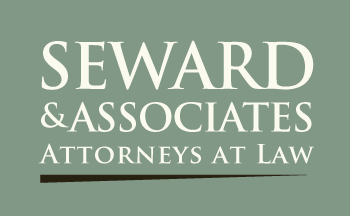Beginning as early as Spring 2017, the IRS will begin using private debt collectors to collect unpaid federal income taxes.
The selection of private debt collectors was in response to a law passed by Congress requiring the IRS to outsource tax debts if one of three conditions applies:
- more than one year has passed without any interaction between the taxpayer and IRS;
- one-third of the statute of limitations has lapsed and there is no IRS collector assigned; or
- the IRS is otherwise not working the debt due to lack of resources.
Experts have expressed concern that hiring private debt collectors will add to the problem of scam artists who pose as IRS collectors. Currently, the IRS  has a policy of never calling to collect without first mailing a notice, and has urged consumers to ignore scam calls. When private collectors begin calling taxpayers regarding back taxes, it will add to the confusion and make consumers more vulnerable to these scams. Consumer advocate groups are seeking further protections, such as excluding from the program low-income taxpayers and those who owe taxes under the Affordable Care Act.
has a policy of never calling to collect without first mailing a notice, and has urged consumers to ignore scam calls. When private collectors begin calling taxpayers regarding back taxes, it will add to the confusion and make consumers more vulnerable to these scams. Consumer advocate groups are seeking further protections, such as excluding from the program low-income taxpayers and those who owe taxes under the Affordable Care Act.
Even with a private collector, the taxpayer should receive at least two written notices before getting any phone calls. Also, taxpayers are not required to deal with private collectors and can always ask that their account be returned to the IRS itself. The private debt collectors will be required to follow the Fair Debt Collection Practices Act which allows consumers to send a letter telling a debt collector to stop contacting them.
The IRS has listed information about the new policy, which begins as early as spring 2017.
It’s important to always know your rights when it comes to debt collectors. If you’re unsure, or have doubts about a collector, ask for more information, talk to a lawyer, and never give out your personal information.
Attorney Jared Bellum is a contributing author to this blog.
